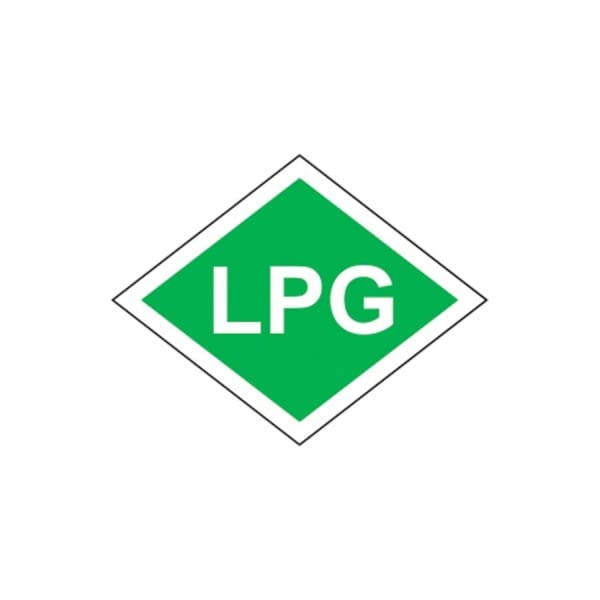Controversial co set to build country’s lone LPG terminal
M AZIZUR RAHMAN and SYFUL ISLAM: The globally ‘controversial’ Vitol Asia Pte Ltd is all set to expand its energy business in Bangladesh by bagging yet another lucrative deal.
It is now in the process of securing an LPG terminal-building job under an unsolicited deal, market insiders said.
Vitol has already been a leading supplier of diesel, jet fuel, furnace oil and octane to the Bangladesh Petroleum Corporation (BPC) since 2016.
It is so far the lone carrier of liquefied natural gas (LNG) from spot market for the Petrobangla. The company delivered one LNG cargo in September 2020.
It will also deliver two more cargoes next month.
Beyond the knowledge of the Petrobangla, Vitol has inked a long-term sales and purchase agreement (SPA) with Qatar Petroleum this week to supply 1.25-million tonnes per annum (MTPA) of LNG to Bangladesh customers.
Sources said Vitol was blacklisted thrice in Sri Lanka for supplying dirty fuel and its US unit was accused of bribing officials in three Latin American states to secure bids.
According to Bloomberg, its US unit last December agreed to pay over $160 million to settle allegations of conspiring to pay bribes in Latin America and attempting energy market manipulation.
To get the work on the maiden LPG terminal at Matarbari deep sea, Vitol has partnered with Japanese Marubeni Corporation and local PowerCo International Pte Ltd.
The BPC recently decided ‘in principle’ to award the job to the Vitol-led consortium based on an unsolicited offer under the Speedy Supply of Power and Energy (Special Provision) Act-2010.
The existing law has a provision of immunity to those involved in a quick fix.
After several extensions, officials said, the law is set to be void this October after 11 years into its enactment.
The BPC also agreed to sign a memorandum of understanding with the consortium and subsequently sought permission from energy and mineral resources division for the go-ahead.
Besides, the consortium was a late entrant to the talks with government entities to build the country’s much-needed LPG terminal, said BPC officials.
The BPC first negotiated with the Japanese Mitsui-Korean SK Gas consortium that was interested in investing over $330 million in the proposed high-tech refrigerated LPG terminal project.
After rounds of negotiations on Mitsui’s proposal, the state-run BPC had agreed to go ahead with the group keeping 15-per cent equity with it in late May 2020.
But the proposal got stalled and the Vitol-led consortium and another Japanese Sumitomo-led consortium subsequently joined the foray to bag the work.
Sumitomo teamed up with another Japanese firm, Gyxis, to build the facility.
The BPC now intends to ink a deal with the Vitol-led consortium without having any stakes, although the project will be implemented on the BPC land.
When asked, BPC chairman Md Abu Bakr Siddique said the consortium is yet to be selected finally for the LPG terminal job.
On Vitol’s blacklisting and its involvement in bribery, he claimed he did not know details about the company.
However, Mr Siddique said: “Everything would be checked before inking a final deal.”
The BPC top brass was also of the opinion that Vitol’s blacklisting in other countries might not hamper awarding the terminal-building job in Bangladesh.
Regarding other partners of the consortium PowerCo International Pte Ltd, Mr Siddique said the BPC is yet to scrutinise the firm’s status.
According to the Corporate Regulatory Authority of Singapore, PowerCo was registered in 2017 and it provided ‘management consultancy and services’ and wholesale trade of goods without a dominant product.
The BPC boss, however, said it would not be a problem for the project if such company is in the consortium.
“Some companies are tagged in the consortium for their technical and some others for financial consideration.”
Regarding the BPC’s stake, Mr Siddique said it might not require having any stake as the terminal would be built on a build, own, operate and transfer (BOOT) basis.
When asked, energy secretary Md Anisur Rahman refused to comment as he was suffering from Covid-19.
Despite repeated attempts through email and WhatsApp, Marubeni’s comment on the project could not be attained.
Contacted last Monday, a PowerCo official told the FE that he would call back with the company’s version on this issue. But he did not respond later.
On Wednesday, Dominique Costa, an executive of the company, said over telephone that he would forward the FE’s query to PowerCo CEO Nabil Khan.
But the newspaper did not get Mr Khan’s reply till the filing of this report on Wednesday afternoon.
Officials said building the LPG terminal was required for bulk import of the fuel to cut retail price drastically and ensure public consumption.
More than 25 LPG companies, which vary in sizes and investment, are now operating in Bangladesh market.
Different sorts of infrastructural and logistics are also there in the LPG sector.
LPG consumption in Bangladesh has already reached an estimated 1.5 MTPA, which was around 1.0-million tonnes back in 2018.
Bangladesh consumed nearly 650,000 tonnes of LPG in 2017 which was around 400,000 tonnes in 2016 and 250,000 tonnes in 2015.
azizjst@yahoo.com

